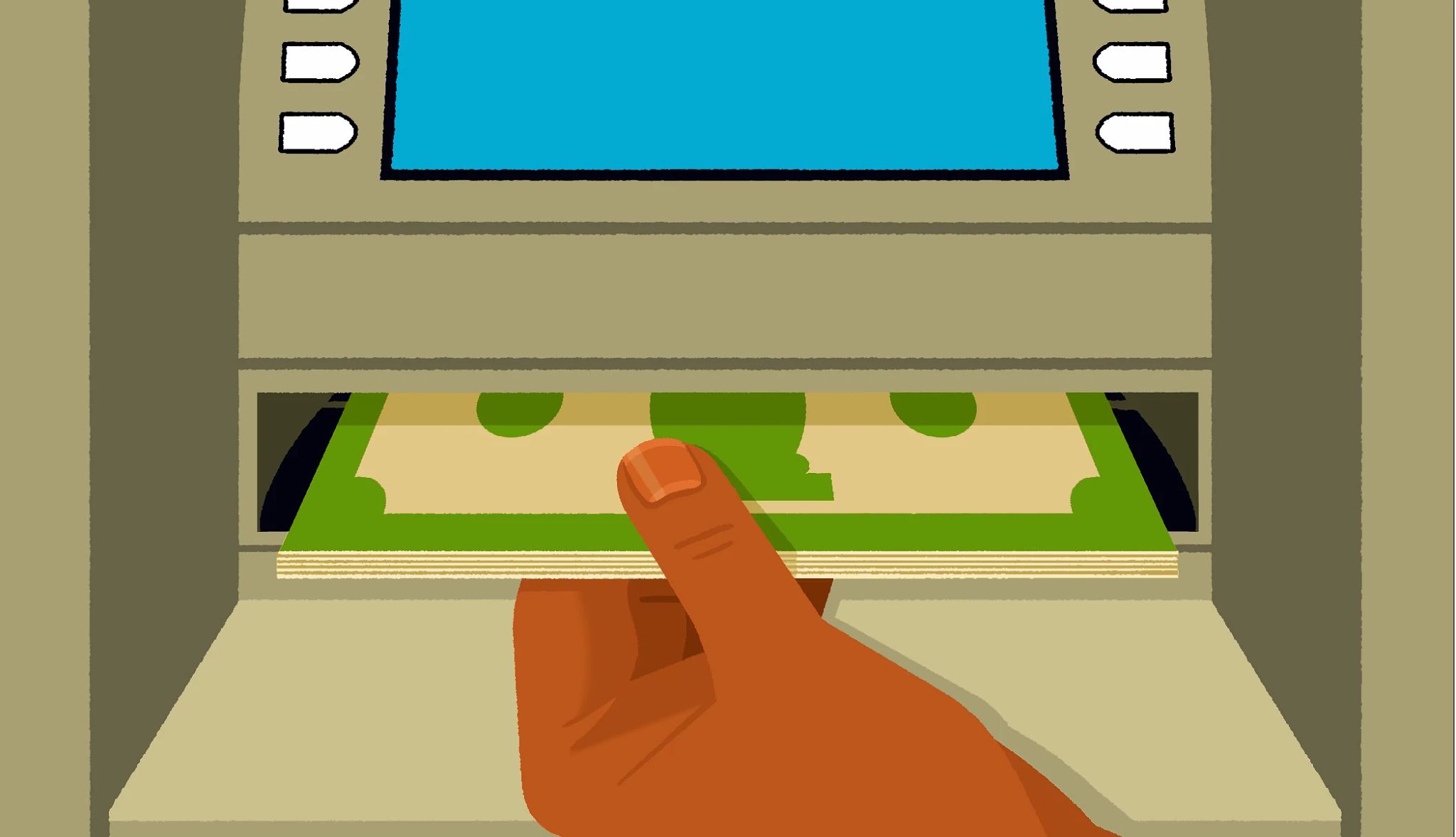AARP Hearing Center
CLOSE ×
Search
Popular Searches
Suggested Links
CLOSE ×
Search
Popular Searches
Suggested Links
Money
Get the latest financial news and expert advice on money management to budget effectively, spend wisely, build a nest egg and live well in retirement
AARP Tools to Manage Your Personal Finances



AARP Membership
Join AARP for $15 for your first year when you enroll in automatic renewal. Get instant access to members-only products and hundreds of discounts, a free second membership, and a subscription to AARP the Magazine.
AARP Fighting For You
Featured Videos
AARP IN YOUR STATE
Find AARP offices in your State and News, Events and Programs affecting retirement, health care and more.


















































































